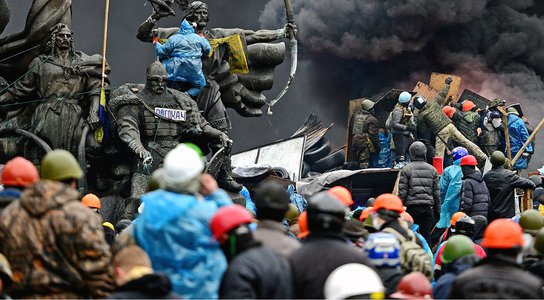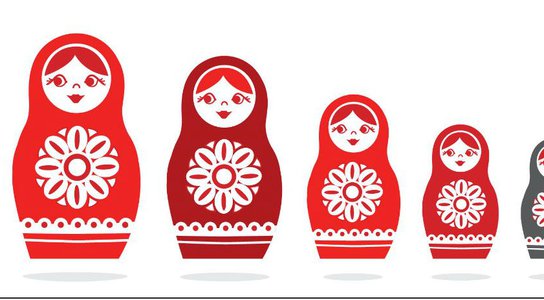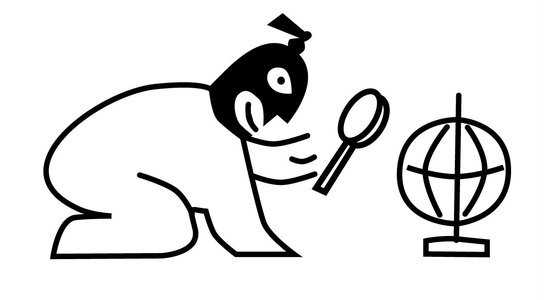The EU has just announced that it’s going to freeze the suspect assets of 18 Ukrainian politicians, including former president Viktor Yanukovych. This comes after Switzerland and Austria froze assets earlier in the week. Quite apart from the criticism that the EU’s delay gives plenty of time for Ukraine’s missing billions to be shifted further afield, there is a bigger problem here.
If there are concerns that this money is corrupt, why did any of the EU’s banks accept it in the first place? Banks are supposed to obey anti-money laundering laws that require them to check out their customers and their source of funds. Then they’re supposed to turn down money that has been earned through crime – including the sort of state looting that seems to have been happening in Ukraine. And governments are supposed to hold banks that fail to do all this to account.
So it’s all very well to freeze the money now, and we are glad that it has been frozen – but it’s way too late. The corruption has still occurred, and the money has still been lost to the Ukrainian people. I’m getting a tiresome sense of déjà vu here – I made exactly that point in the FT three years ago, when the Arab Spring was in its infancy and corrupt funds from North Africa were being belatedly frozen in Europe. I also made it on the BBC:
The key point is still not getting through to banks that accept dirty money, and governments that let them get away with it. If banks didn’t take the cash, it wouldn’t be possible for corruption to occur on such a massive scale.
You can’t keep looted billions under the bed, they don’t fit – and what would be the point, anyway? The whole point of looting your state is to blow the dosh on fast cars, yachts and ghastly interior décor, then line up some foreign bolt-holes for when your populace gets so irate at your theft that you get pushed out of power.
On a related note, the US Department of Justice has just announced that it is seeking to recover almost half a billion dollars of assets that it alleges is linked to Sani Abacha, the late Nigerian dictator and kleptocrat-in-chief. The US authorities have said that major banks including HSBC, Deutsche Bank and Standard Bank all held Abacha-linked accounts, in Jersey, France and the UK. It just goes on and on.
Global Witness’ investigations have repeatedly shown how easy it is for corrupt politicians to access the financial system. The problem is that it is all too easy for banks to turn a blind eye and accept suspect funds. They face very little challenge from the regulators. At the very worst they might get a slap on the wrist and a fine.
We think this needs to change. That’s why we’re fighting for legislation to hold senior bankers to account when their bank takes dirty money. We’ve made some real progress in the UK. In the EU the European Parliament is about tosupport legislation that would require a member of a bank’s management board to be responsible for ensuring that the bank carries out proper checks on their customers and reports any suspicious activity. European governments now need to endorse this as well.
Only once banks start turning down the looted billions that currently slosh through the financial system will we have a chance of tackling the grand corruption that keep poor citizens poor.
Anthea Lawson is Deputy Campaigns Director at Global Witness. Click here for more on our work on corruption.


